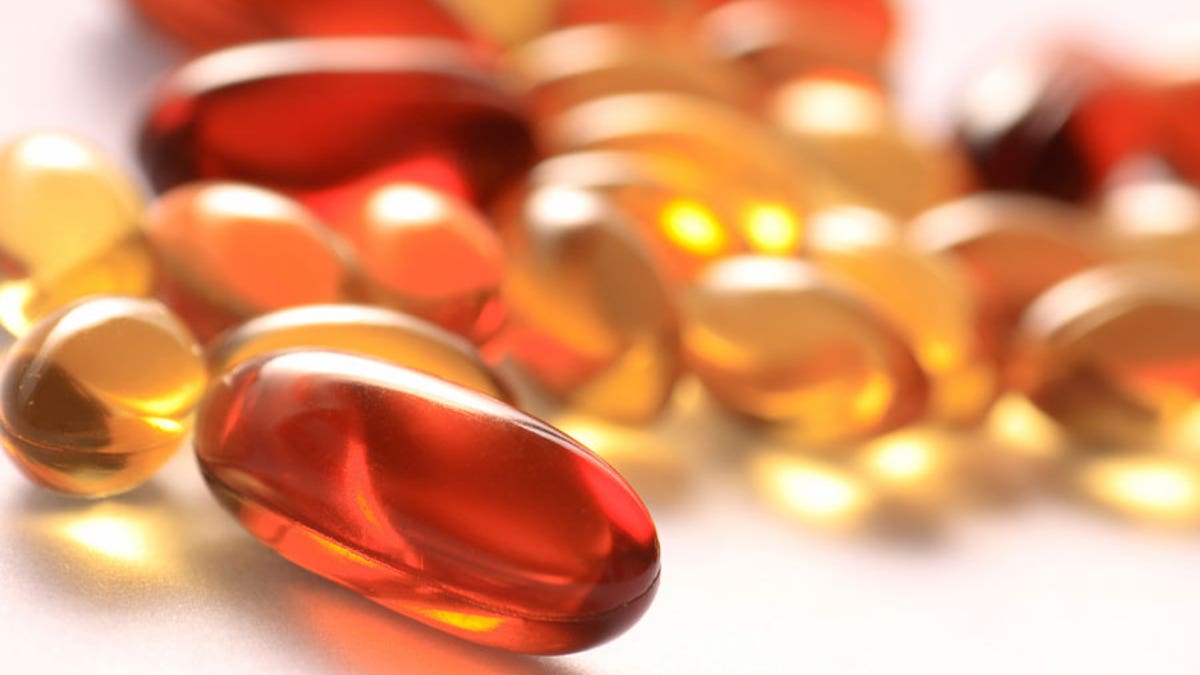
You may be reading this from a beach chair, sun deck, or other summer locale—and yet my advice to you is the same as it would be in the dead of winter: Go get your vitamin D levels checked.
You may have already heard that low vitamin D levels contribute to osteoporosis, cognitive impairment, and a host of other health problems. But two new studies in particular have caught my eye, because they link vitamin D deficiency to an increased risk of dying from heart disease and cancer, as well as developing a number of other illnesses.
While you may think that your vitamin D levels will correct themselves during the summer months when you spend more time in the sun, the fact is a whopping two-thirds of Americans are not just low on the vitamin – they’re in full-blown deficiency. And a few months of sunshine every 365 days just won’t cut it.
One of the studies, published in the BMJ, found that people with low levels of circulating vitamin D were 35 percent more likely to die from heart disease and 14 percent more likely to die from cancer. They also had a greater overall mortality risk. The study found that adults who took oral vitamin D3 – the type found in fatty wild fish and dairy products, as well as the kind produced by our bodies when we’re exposed to sunlight – reduced their risk of death by 11 percent.
The second study, led by researchers at Stanford and several universities in Europe, found a positive correlation between high vitamin D levels and lower incidences of diabetes, stroke, hypertension and several other illnesses.
The evidence is clear: Being low in vitamin D is hazardous to your health. Vitamin D supports your immunity, which may be why a lack of it is associated with cancer. Think of your immune system as the watchdog of your cells; when it’s working properly, it attacks foreign invaders and abnormal genes, thus protecting you from disease. When the immune system is weakened, it can fail to recognize the growth of cancer cells in the body.
In my practice, I’ve tested tons of women and men who didn’t know they had a deficiency until they visited my office and uncovered the truth. So how do you get the right amount? Here are my top vitamin D solutions, as well as guidelines you can follow to get some natural vitamin D during the summer.
1. Get tested. This is the best first step for everyone. The only surefire way to know your level is to request the 25-OH vitamin D test at your next doctor’s visit. The standard normal range is between 30 and 90 nanograms/milliliter (ng/mL). I like to see my patients above 50 ng/ml, because some studies show that is the level at which vitamin D is going to work to help prevent disease.
2. If you’re deficient, take a D3 supplement. While the authors of these recent studies haven’t said anything conclusive about vitamin D supplementation, it’s well documented that you need to boost your intake of vitamin D in some way if you’re deficient. And don’t assume that if you live in a warm climate, you have adequate levels. I live and practice medicine in Florida, the sunshine state, and I routinely get patient blood work back that reveals low or deficient D levels. I take a vitamin D supplement myself and recommend it to most of my patients, after I’ve reviewed their blood work.
If you’re deficient, you’ll want to start out with 2,000 international units (IU) of vitamin D3 (not D2) per day for three months and have your levels re-checked. At that point, if you’re still low, you can work up to 4,000 IU under the care of a doctor. Because vitamin D is fat soluble, it’s best taken with a fat, so down it with 1,000 milligrams of omega-3 fish oil (capsules or liquid).
3. Catch some rays for a few minutes each day – and hold the sunscreen. Summer is the perfect opportunity to naturally boost your vitamin D levels – and sunlight is also the best way to get it. While I certainly don’t advise that you ditch sunscreen altogether, it’s safe to get a few minutes of exposure without sunscreen. If you’re darker skinned, you may be able to get away with 15 to 20 minutes. But for those with a personal or family history of skin cancer, it's best to consult your dermatologist first.
